Inside Kashmir’s Sofi Bakery

Bread and gossip, with a side of heritage: In Kashmir, bakeries or kandurs aren’t just for selling bread. They are a part of the social fabric of the region, a place for community, where people gather and exchange pleasantries and news. Mohammed Nayeem Mir spends time at one of the oldest kandurs to learn more about the bread and this dying heritage.
Spending time at Sofi Bakery, a workspace that has been around for over a century, feels like stepping into a quieter, older Kashmir. The walls are darkened with smoke from years of baking, and the scent of freshly made bread hangs heavy in the air. You can sense time here, not in a nostalgic way, but as something more lived in. Something almost sacred.
Sofi Bakery sits in Bandipora town, in northern Kashmir. It is a bakery that follows the traditional kandur culture, one that is slowly disappearing in many urban areas. A kandur is a traditional Kashmiri baker who operates a wood-fired clay oven (tandoor) to prepare a variety of breads such as chochwor, girda, kulcha, and tsot. Beyond being bread-makers, kandurs are part of the social fabric — Kashmiri bakeries often serve as early-morning gathering spots, where neighbours meet to collect fresh bread and exchange news. The Sofi family are known for maintaining authentic preparation methods, using wood-fired ovens and time-tested recipes, making them a strong representation of Kashmiri baking heritage.
Hilal Ahmad Sofi is the fourth generation baker and current owner of Sofi Bakery. Photos credit: Mohammed Nayeem Mir
Mushtaq Ahmad is the family helper at Sofi bakery.
The Sofi caste is traditionally known for baking in Kashmir, much like the Ahanger caste is known for blacksmithing, the Zargar caste for goldsmithing, and the Wani caste for business, according to the modern caste system.
Sofi Bakery is now run by Hilal Ahmad Sofi, a fourth generation member of the Sofi family. He moves with a calm certainty, the kind that comes from doing something for so long, it becomes second nature. I visit him before sunrise. Outside, a queue is formed: people wait with cloth bags, metal baskets, long conversations. It’s not just about buying bread, it is about starting the day with something familiar, something warm.
What strikes me immediately is how varied the breads are, even though they mostly start with the same simple ingredients: flour, water, salt, maybe a little oil or yeast. Each one tells its own story, shaped by how it is made, who it is eaten with, and when it is eaten.
Here are some of the more popular breads in Kahsmir, and at Sofi Bakery.
Girda
This is probably the most essential bread: round and thick and slapped onto the walls of the tandoor until it blisters, and gains a brown colour. The outside forms a crisp shell, but inside it remains soft and pillowy. It is the bread people grow up with — eaten with butter, jam, or curry. It doesn’t ask for much, and yet it completes every meal. It has a short shelf life and demands to be baked quickly. The front of the bread gets its pattern pressed in from fingertips.
Lavasa
This is a thinner, softer bread, baked on the floor of the tandoor rather than the sides ensuring it remains soft throughout. It folds easily. People often eat it with tea in the morning and sometimes with meat barbecues. It is light but filling, and something that slips easily into a morning routine.
Telvor
Ring-shaped, more fluffy and chewable, telvor or tscohwor is a bagel-like bread covered in sesame seeds. Crisp on the outside and soft and chewy inside, it is perfect with noon chai, that salty pink tea that Kashmiris love. People usually pick it up as a snack or to feed guests; it is festive without being flashy.
Baqerkhani
This bread is in a league of its own. Rich, flaky, and buttery, it is more pastry than bread. You don’t eat baqerkhani in a hurry. It asks you to sit down, pour a cup of noon chai , and have a long conversation. It’s a bread for slow moments. Marriages in Kashmir are incomplete without baqerkhani.
Kulcha
Dry and dense, a bit salty, and melt in the mouth, this bread is tied to family functions and festivals. It has a longer shelf life than other bread. After kneading and rolling the dough, a peanut seasoned with sesame seeds is placed at the centre before baking, giving it a distinct look and nutty flavour.
When I ask Hilal why he keeps doing this the traditional way, without shortcuts, without machines, he just says, “This isn’t work. This is who we are.” He grew up watching his father and grandfather, learning by sight. This is an inheritance that can’t be measured in money. “My customers come here not only for bread, but for a sense of belonging. Every morning, they gather, greet each other, share a few words. And in that daily rhythm, something special happens everyday, something that isn’t about commerce at all,” he says. Hilal believes the future may not be as bleak for traditional baking as some fear. “People are coming back to these things, especially the younger ones.”
Sofi Bakery’s tandoors aren’t just about baking. They’re about holding on to something real in a time that feels like its moving too fast. When so much feels disposable, this bread, made with care, by hand, every morning, feels like an act of quiet resistance.
Mohammed Nayeem Mir or MaxKash is a Kashmir-based multimedia journalist exploring the region’s culture, traditions, and untold stories.
ALSO ON GOYA
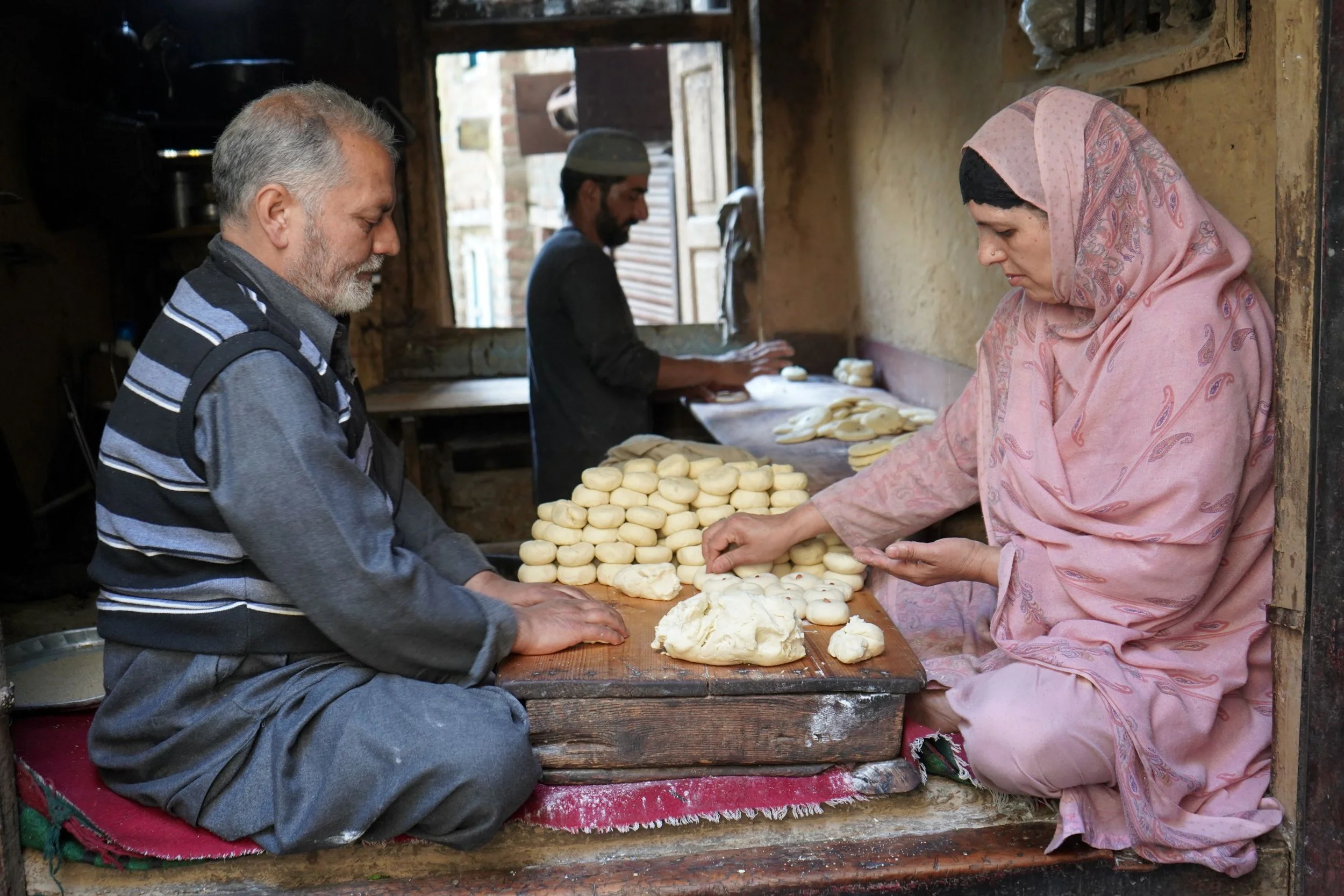
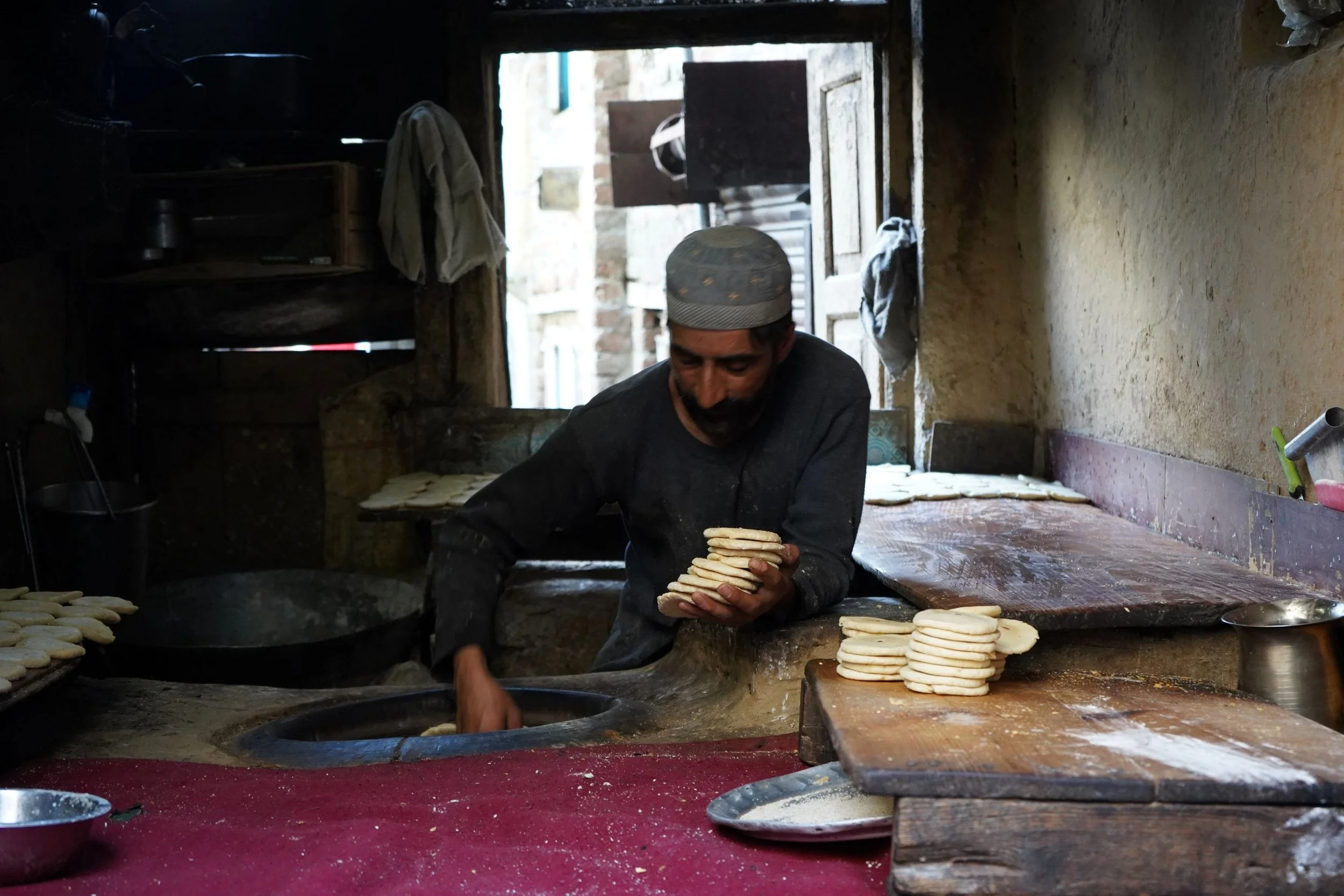
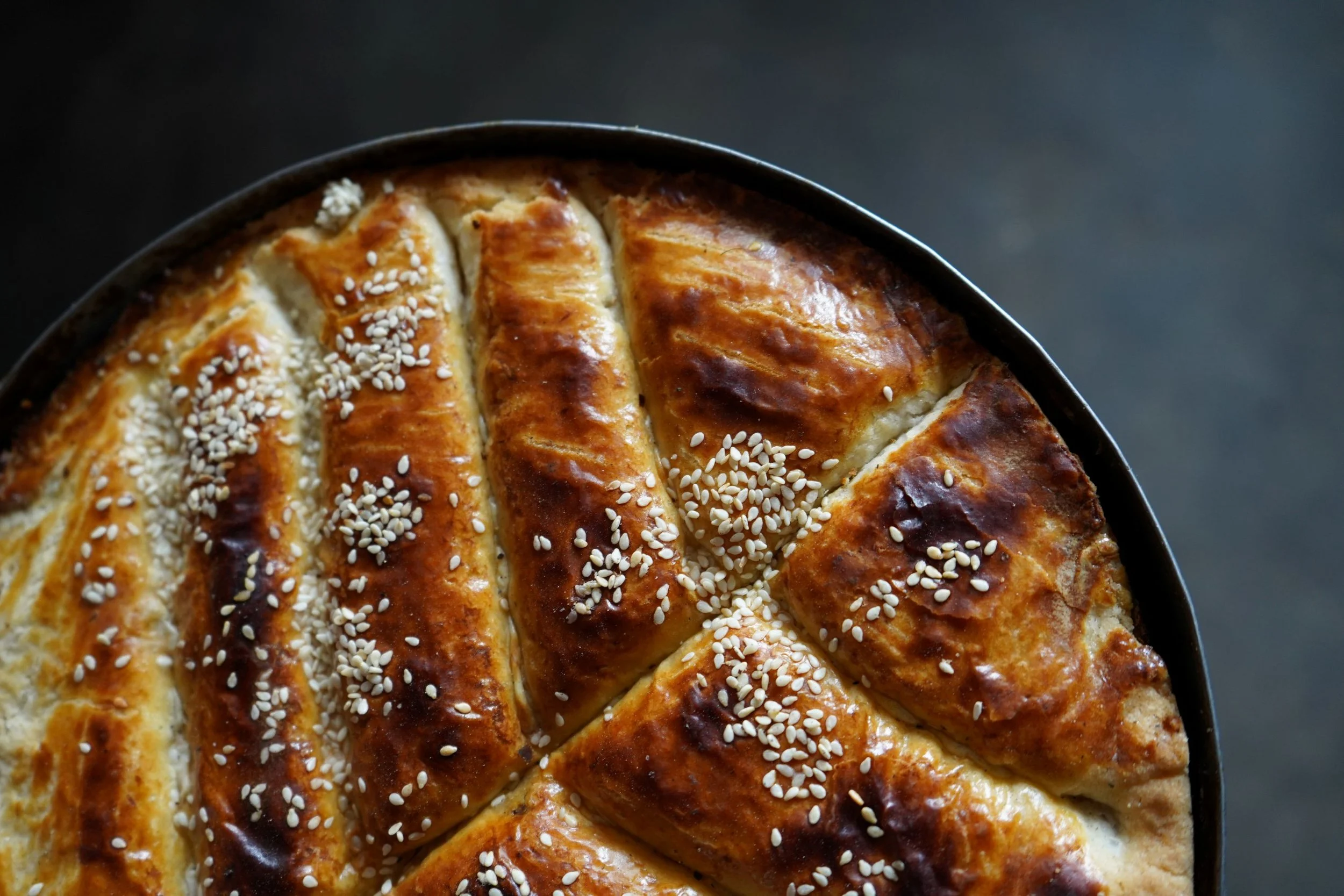
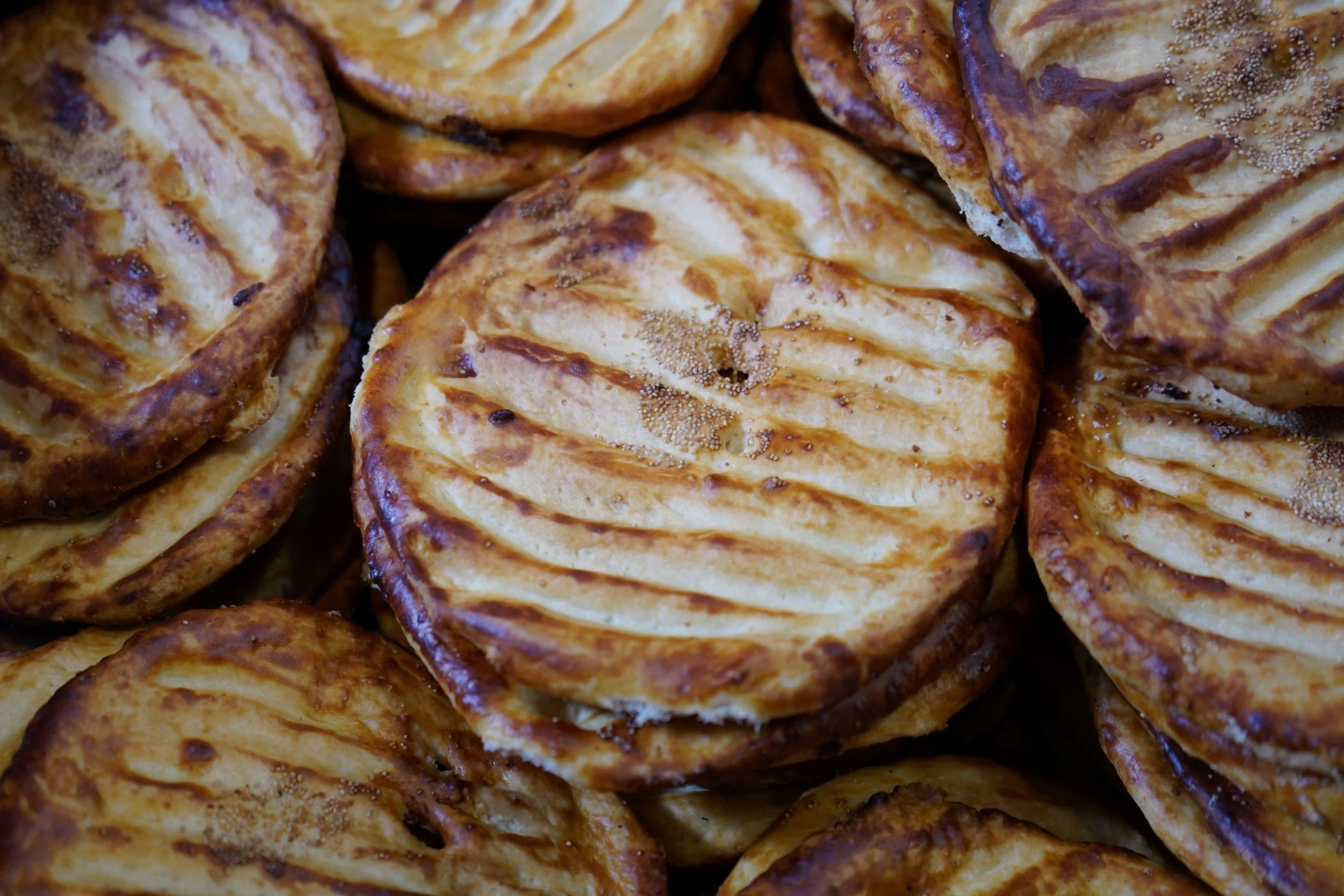


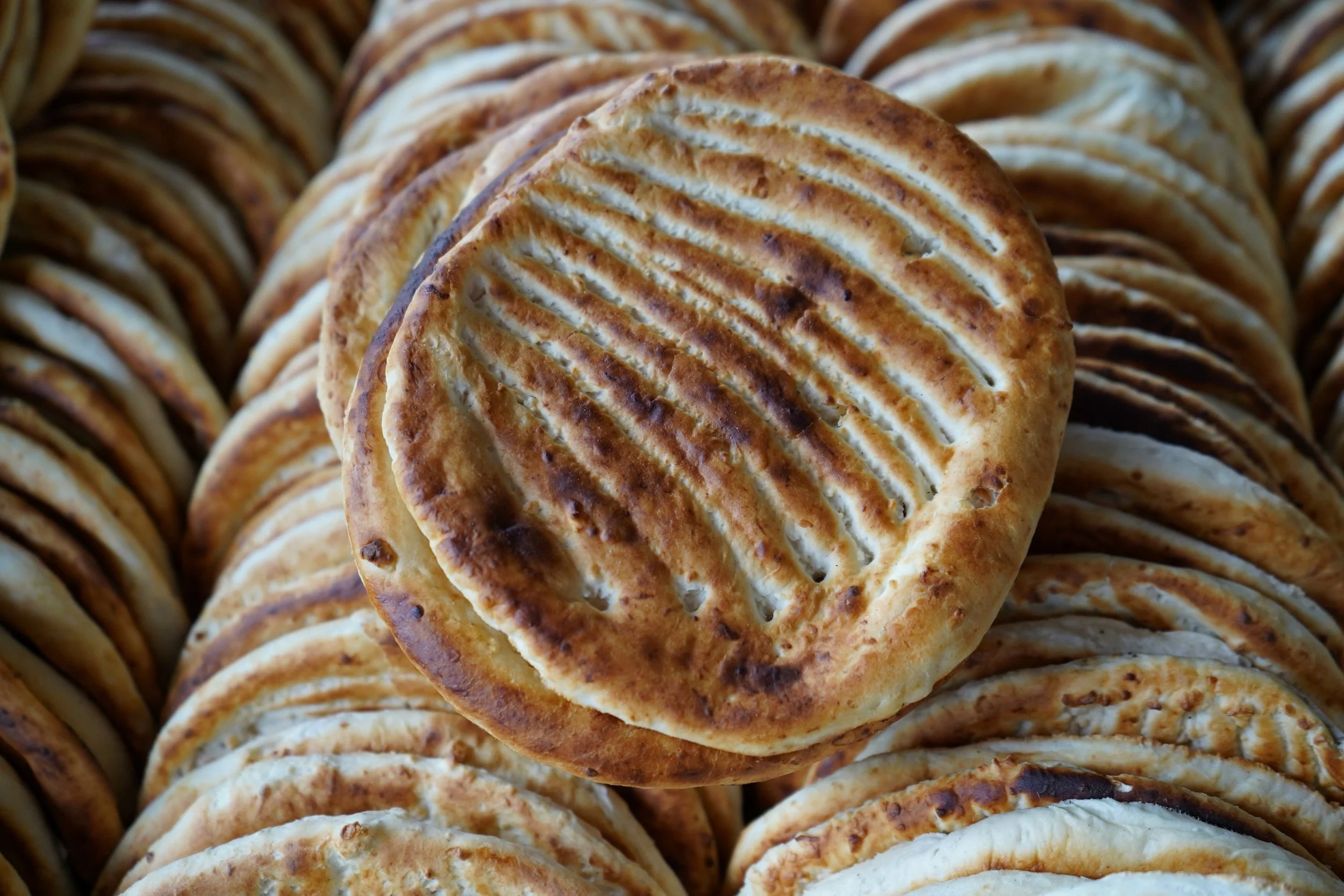

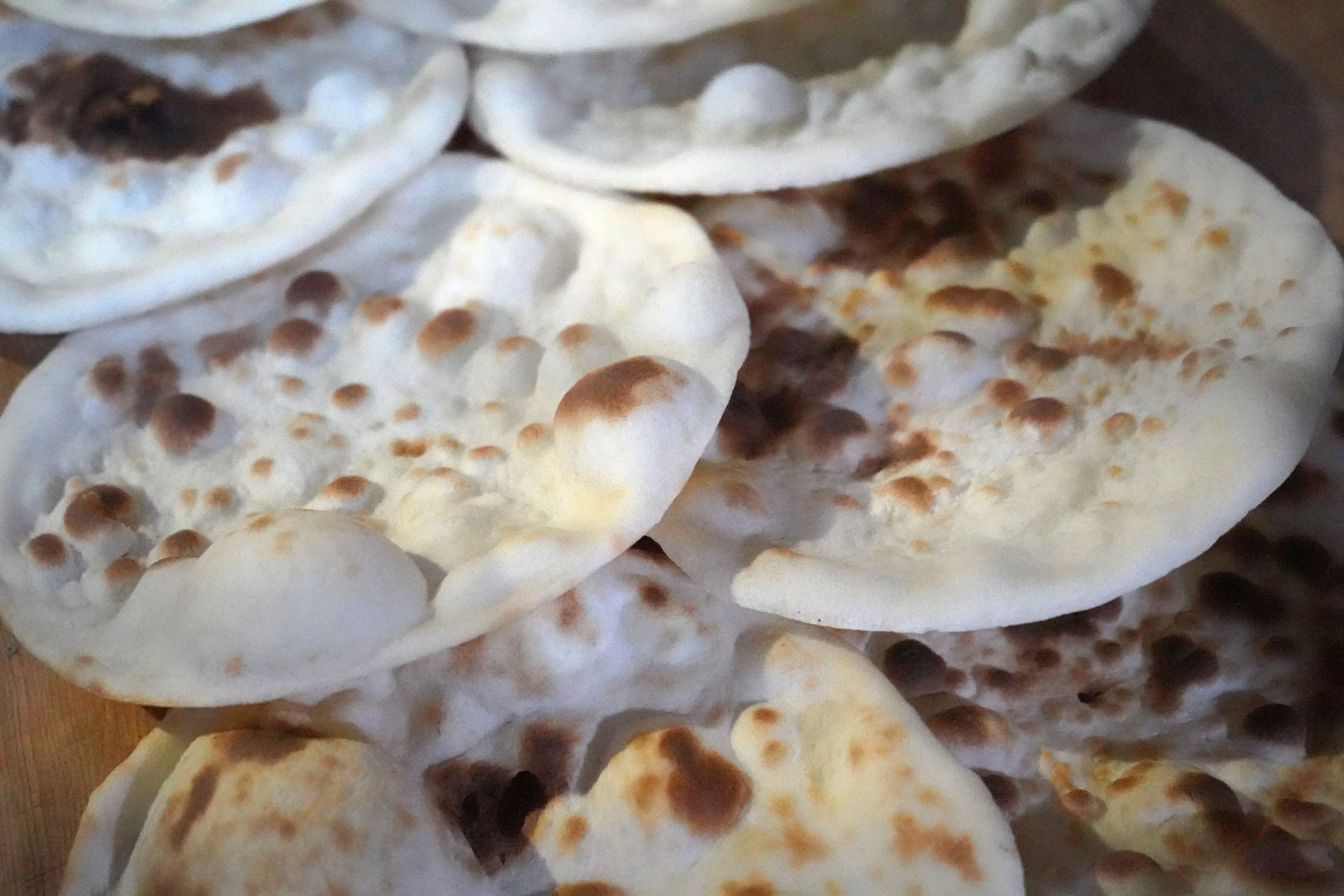
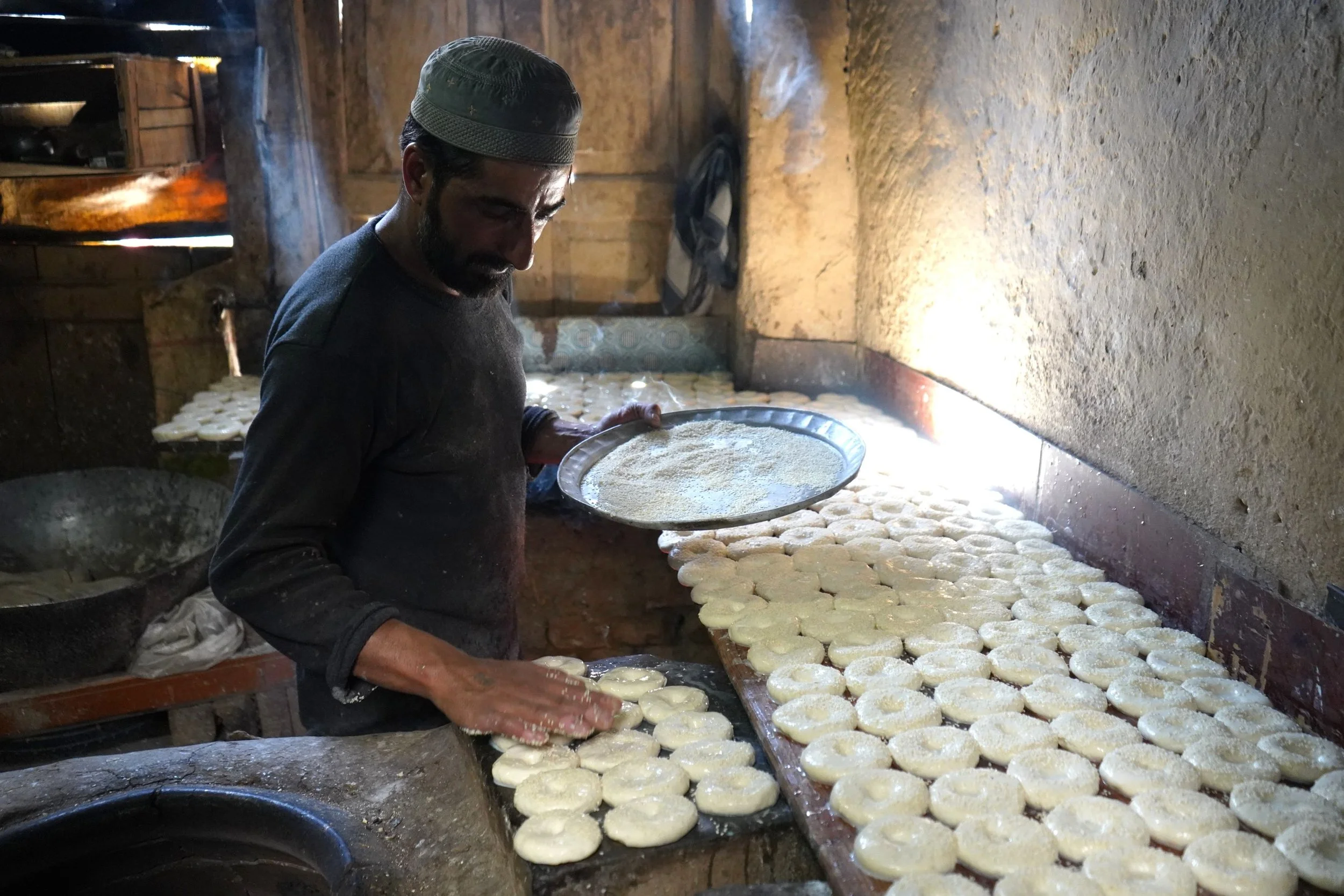

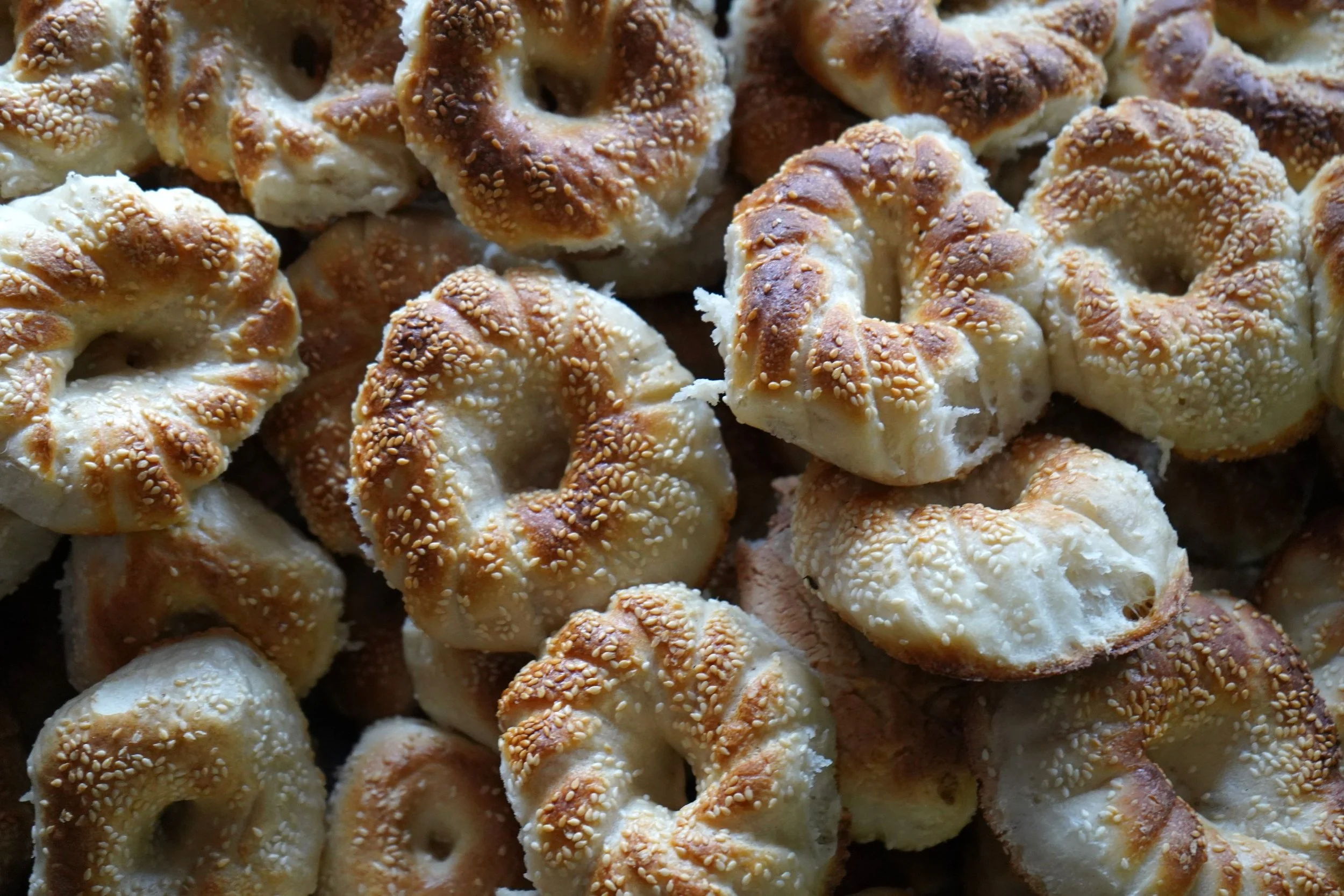
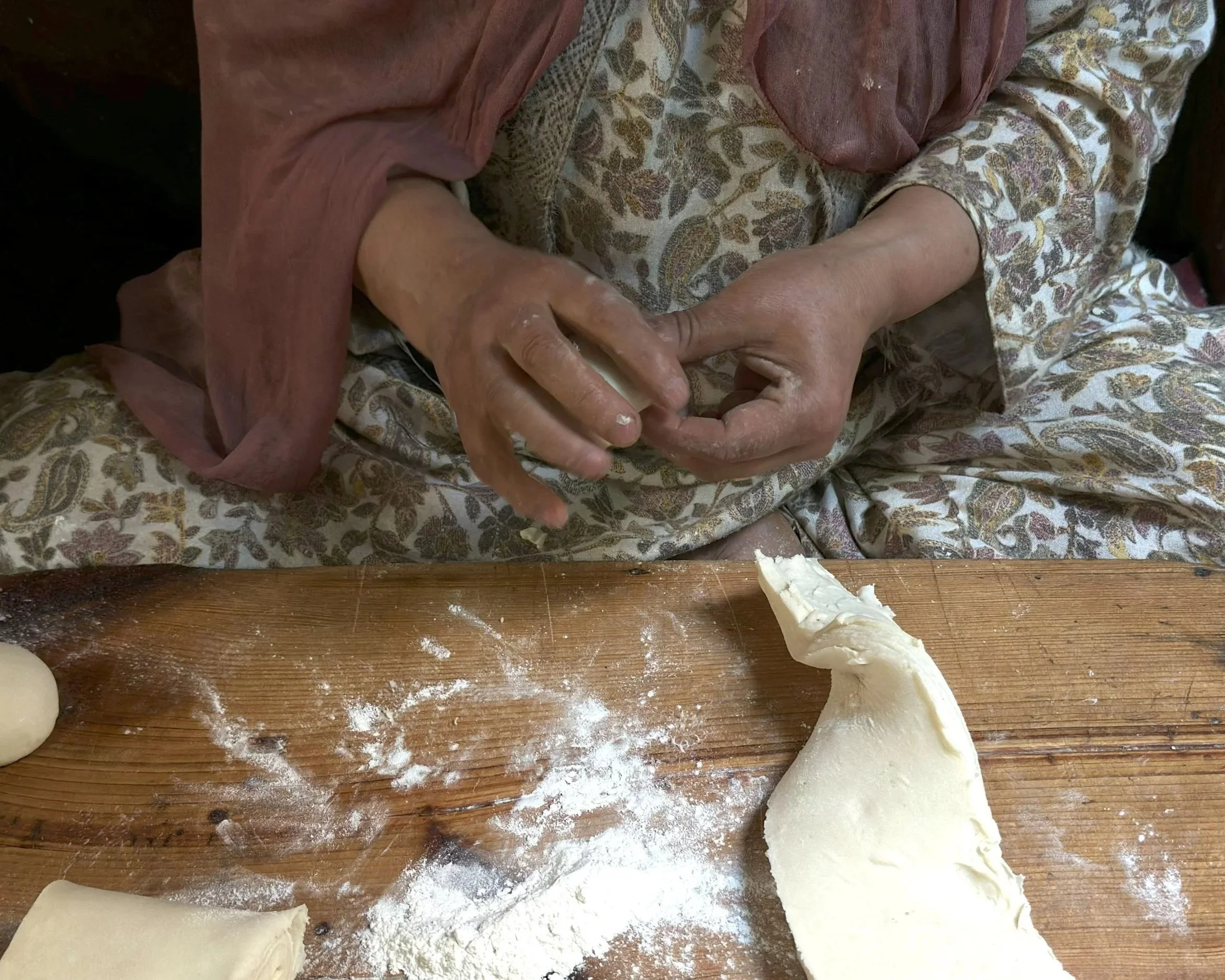

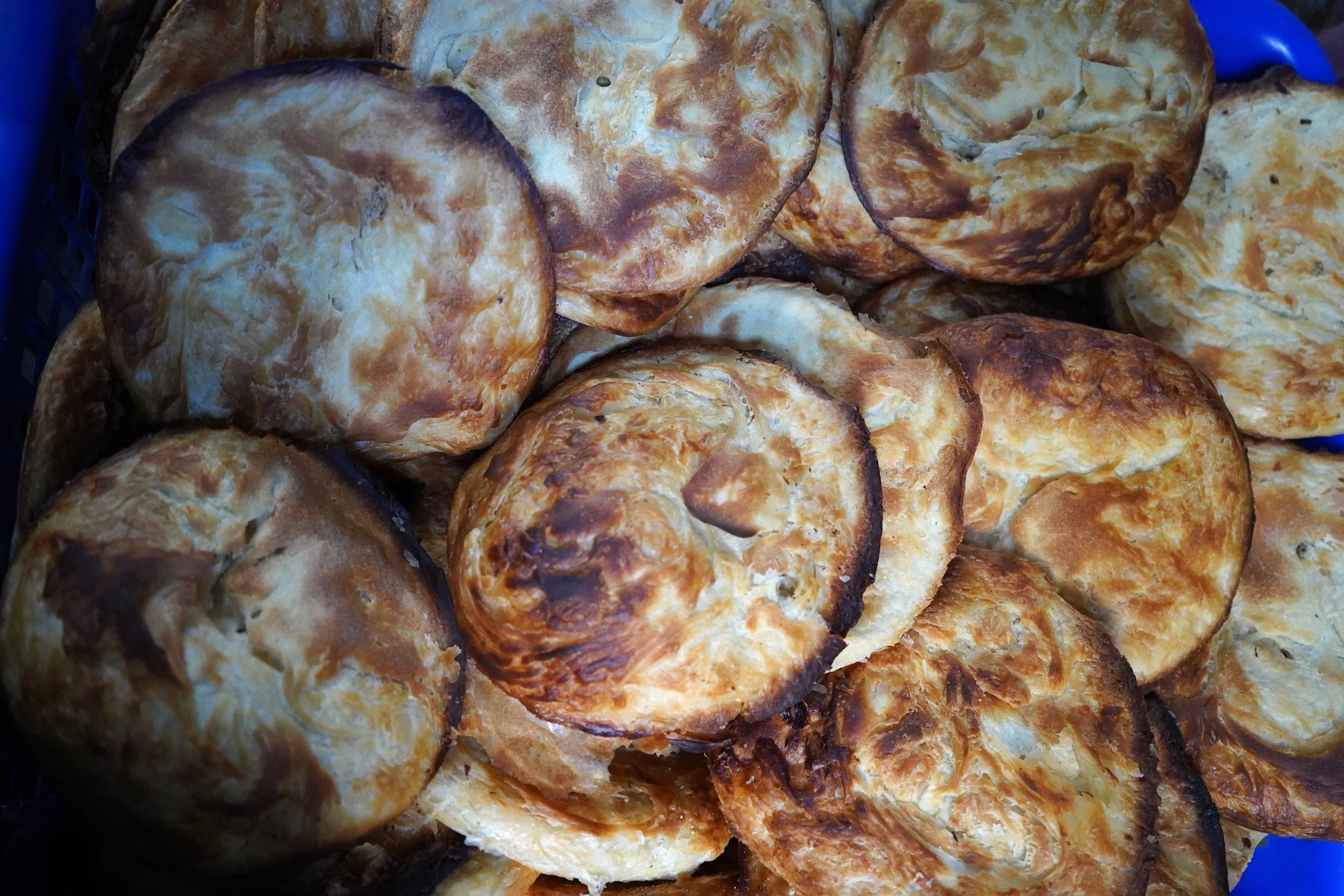
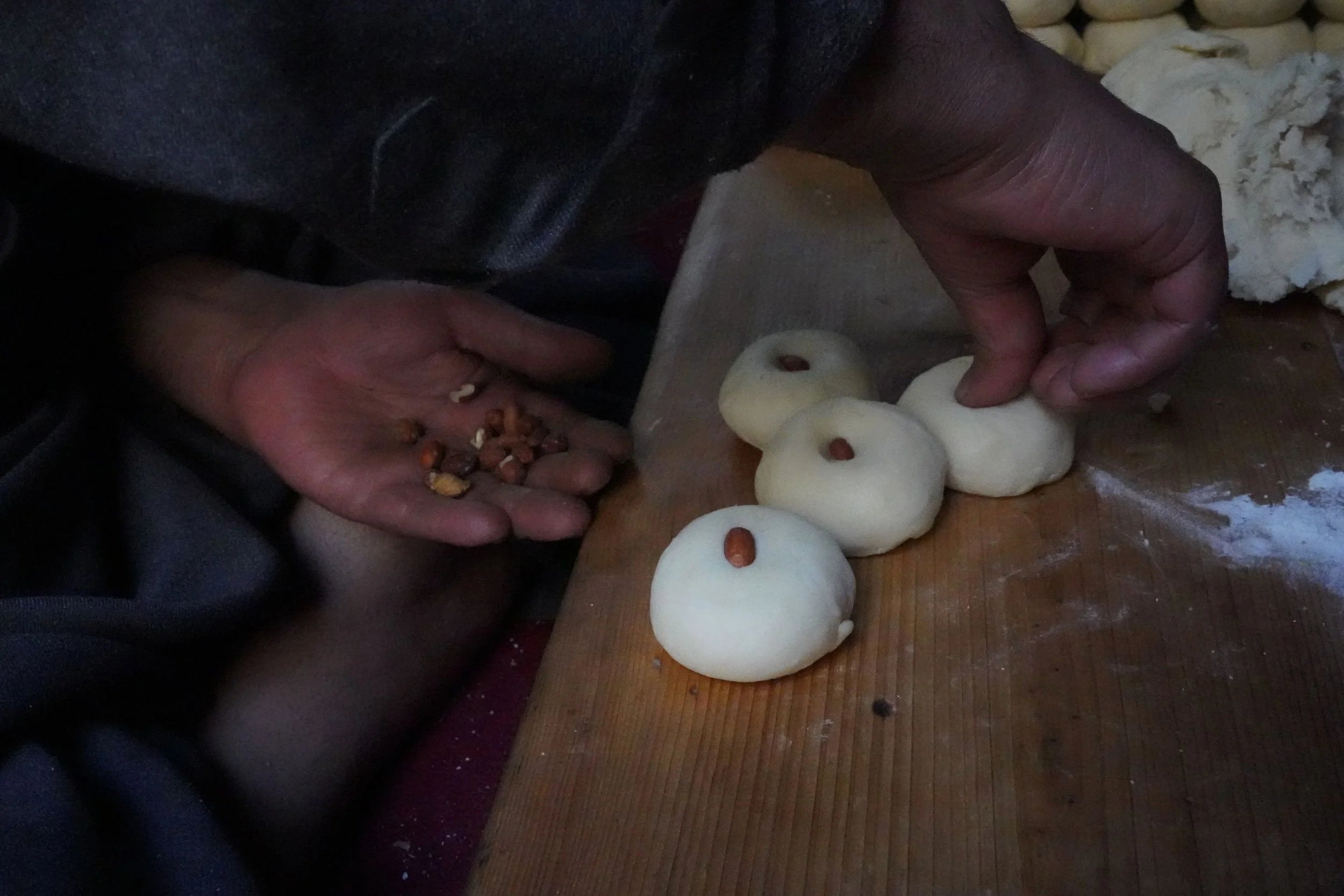
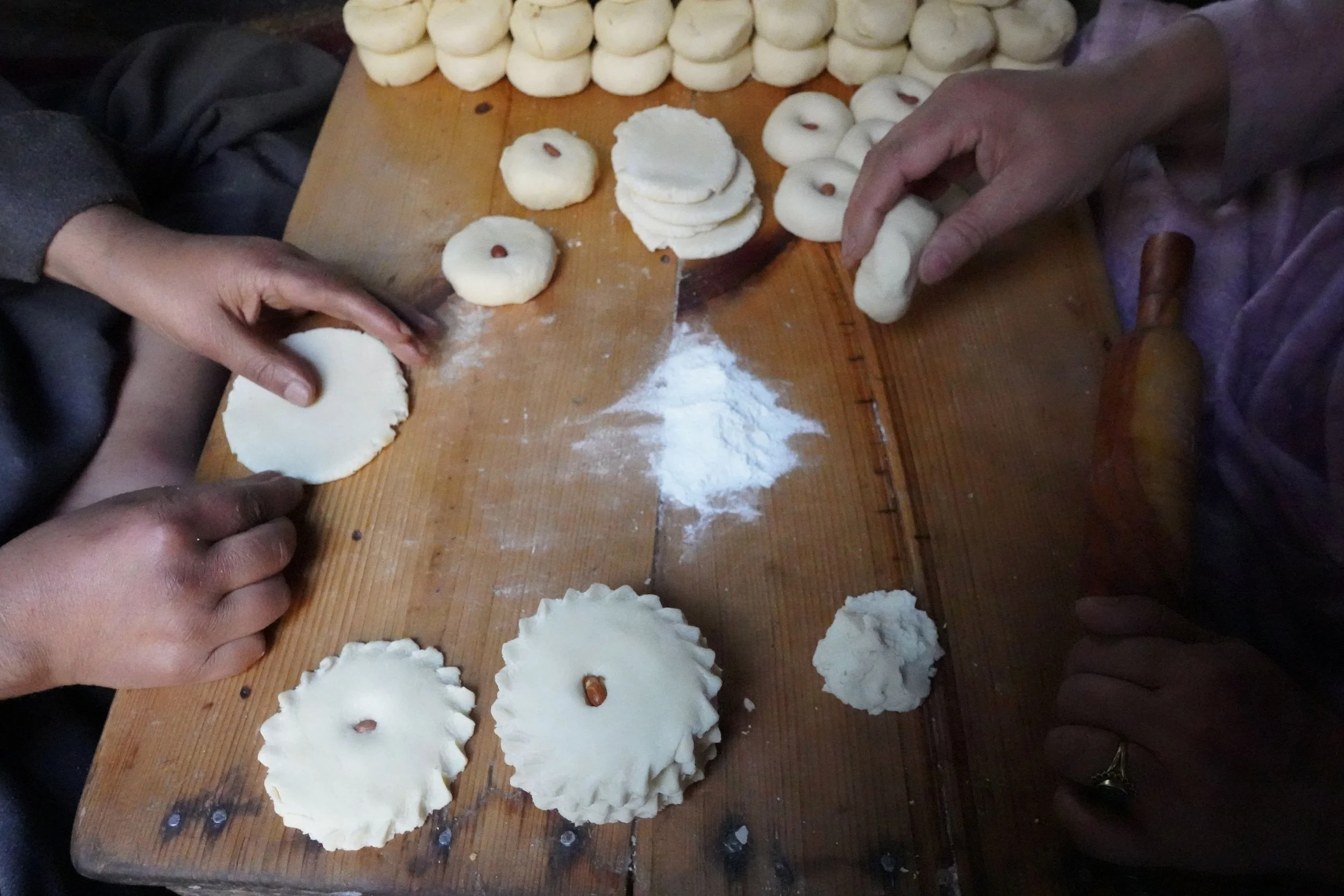
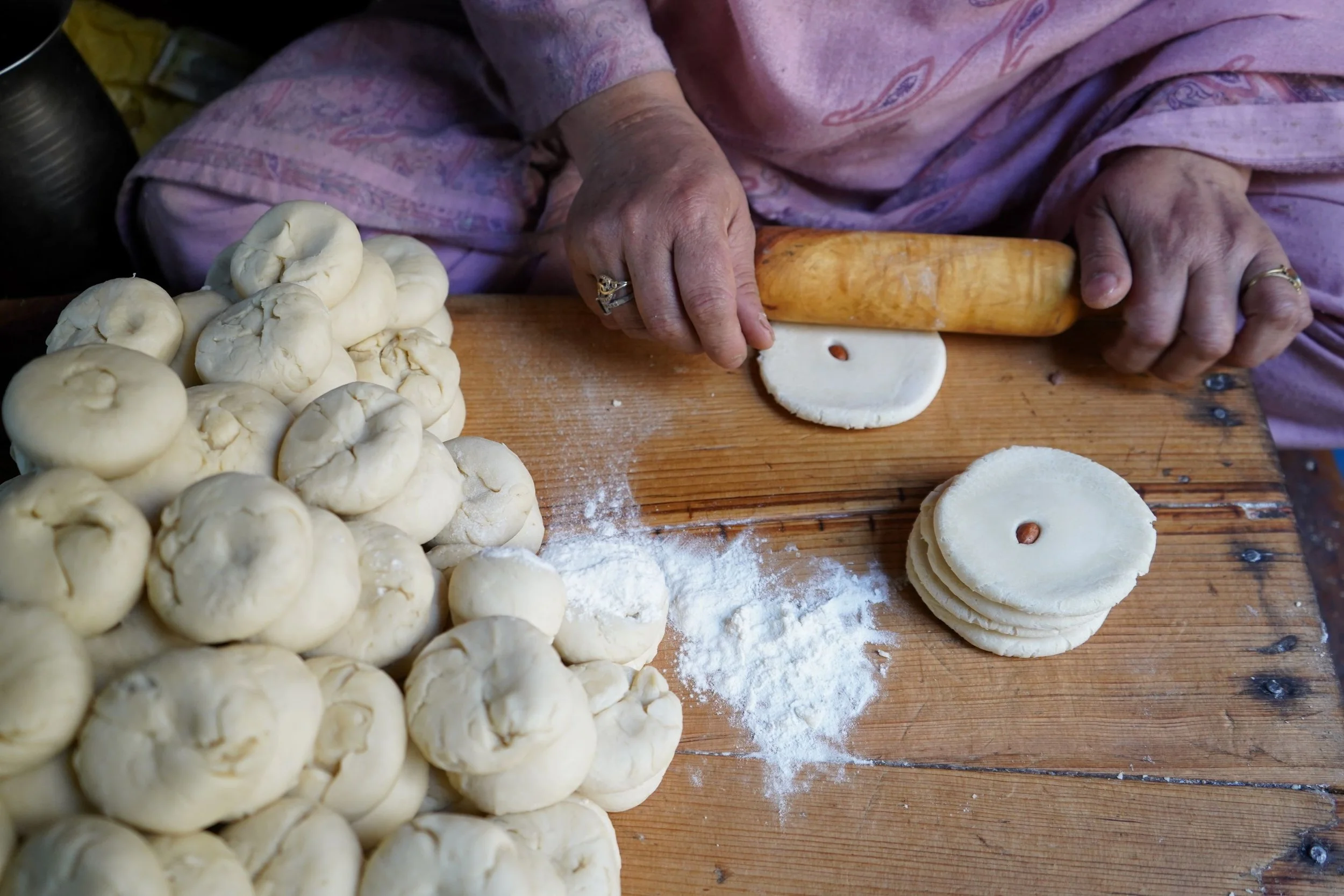
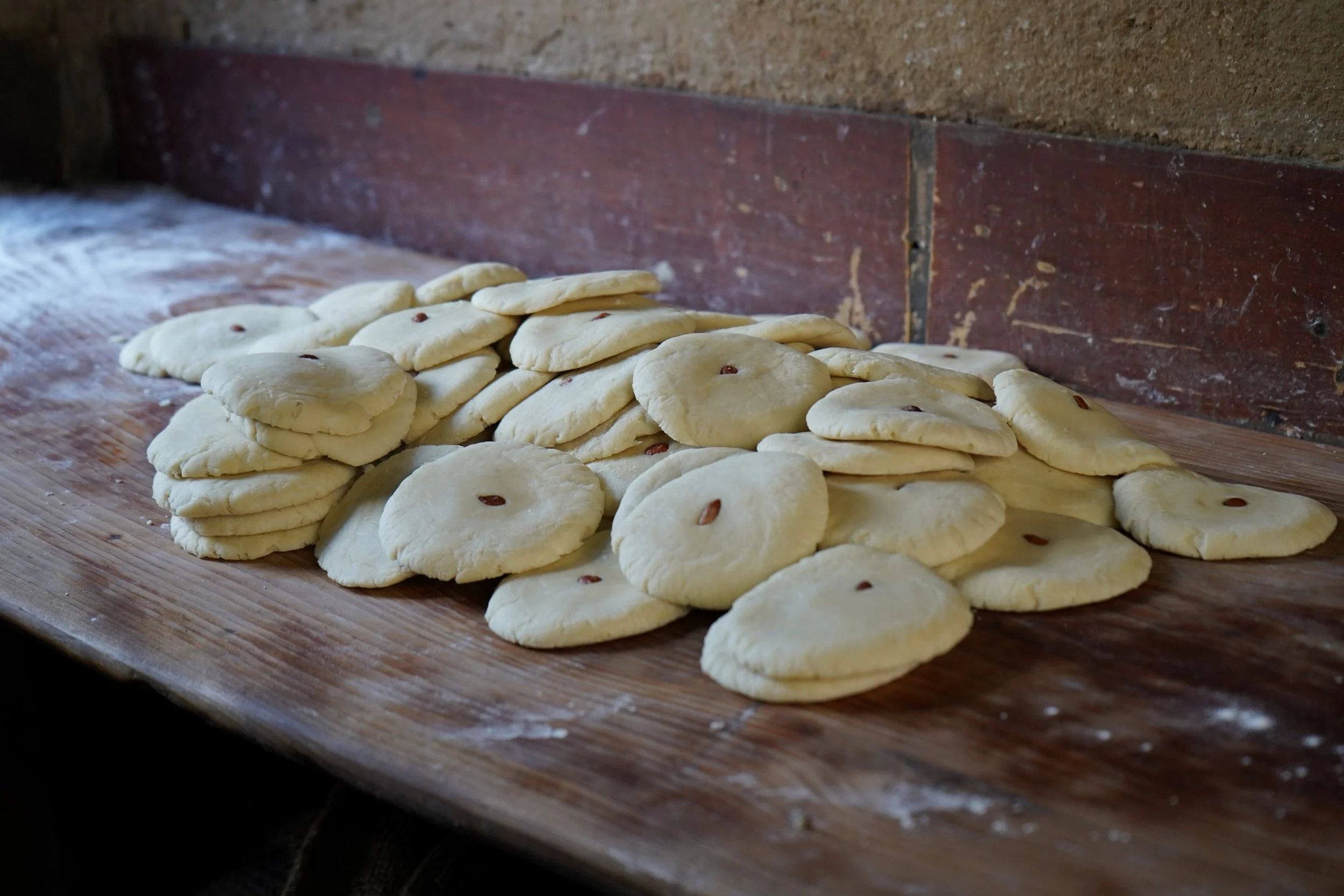

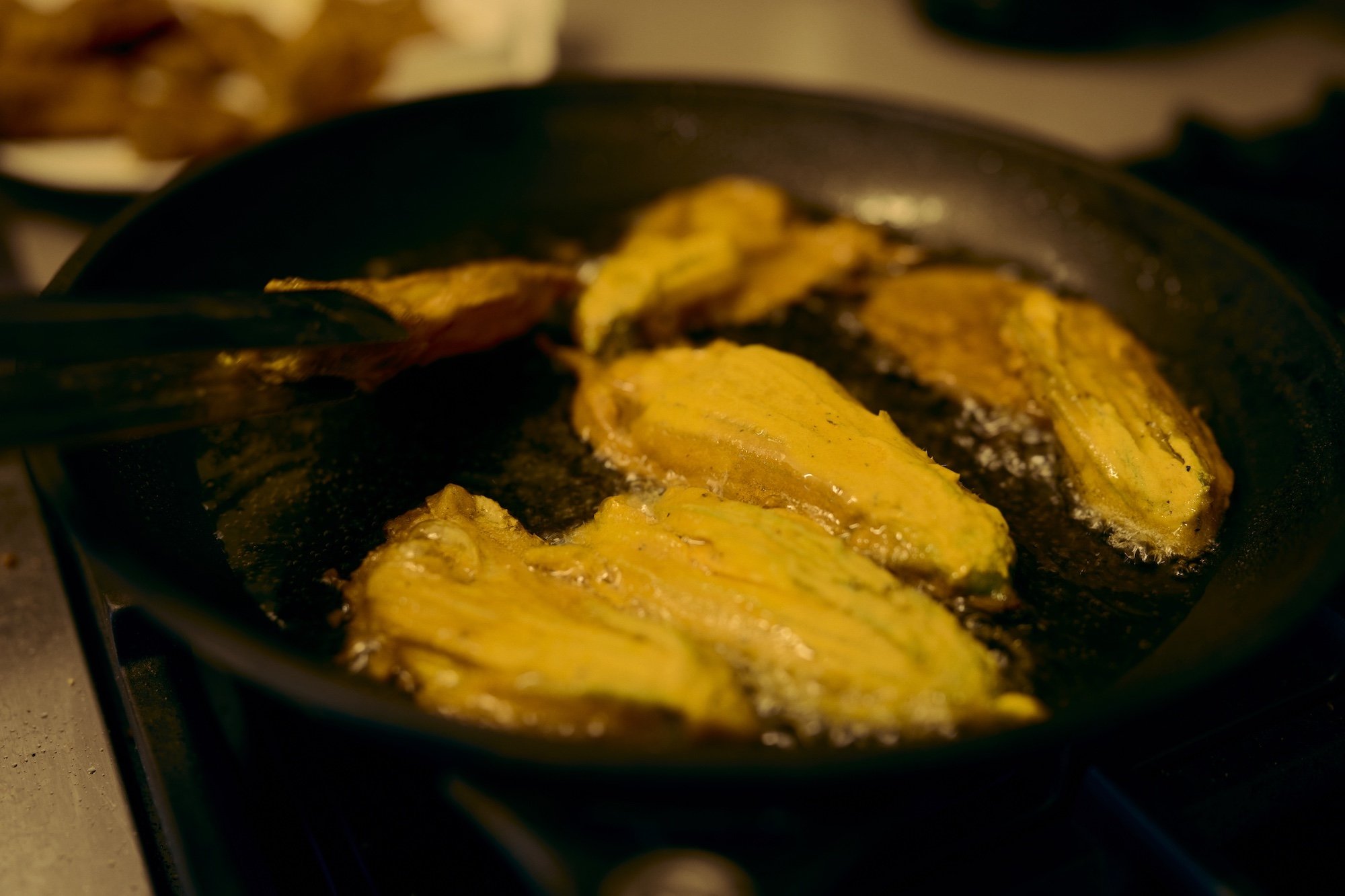
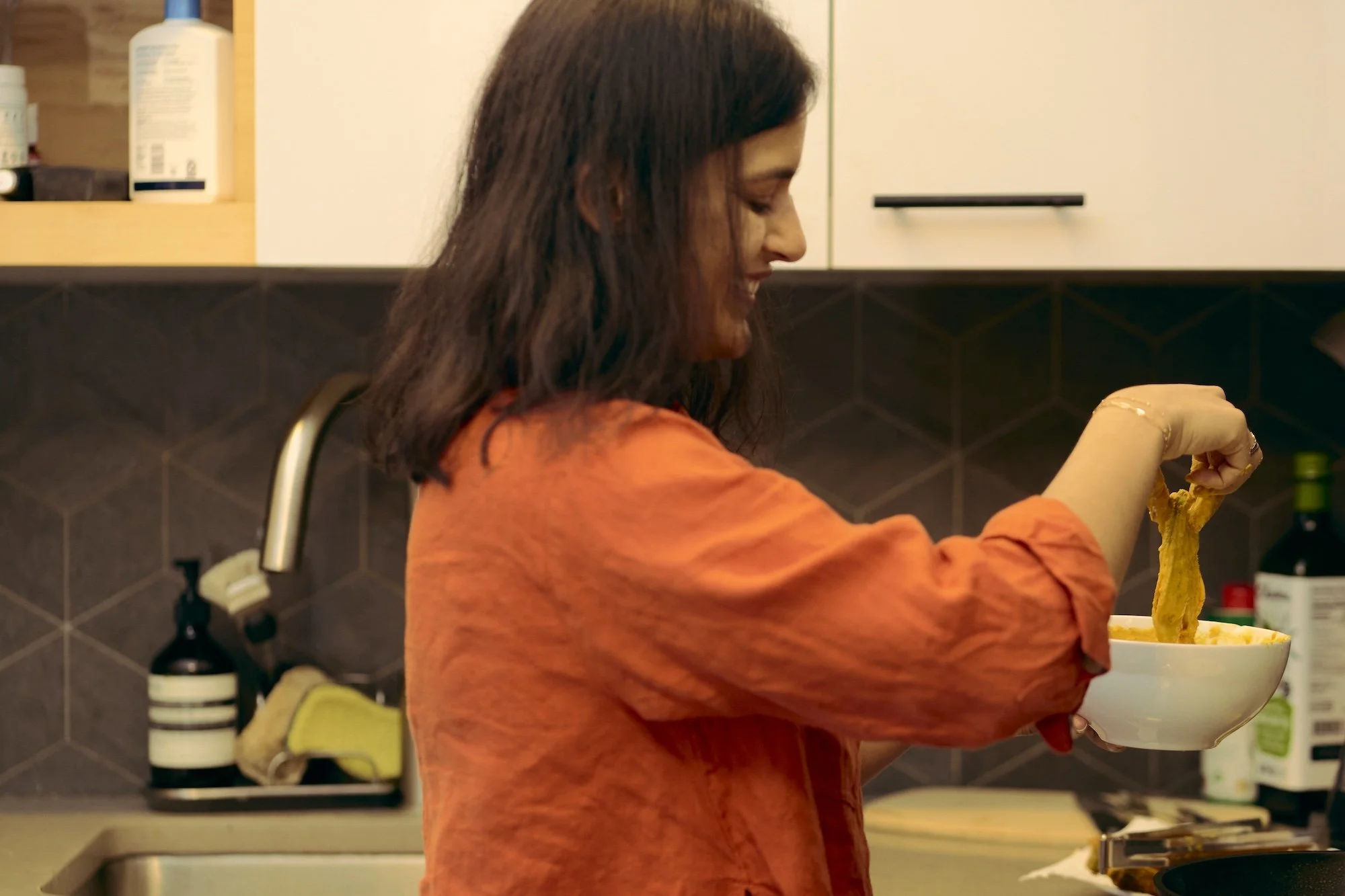
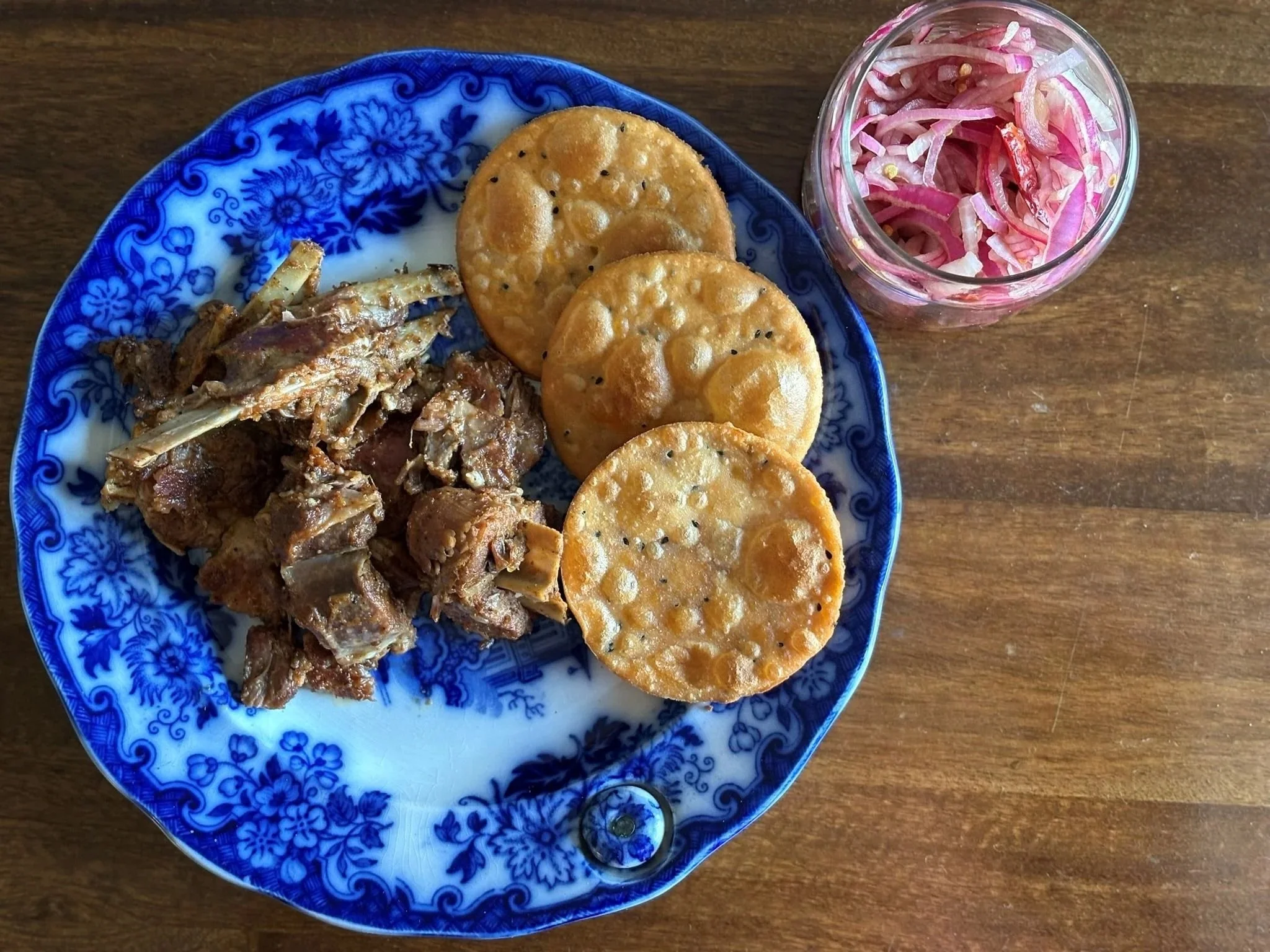
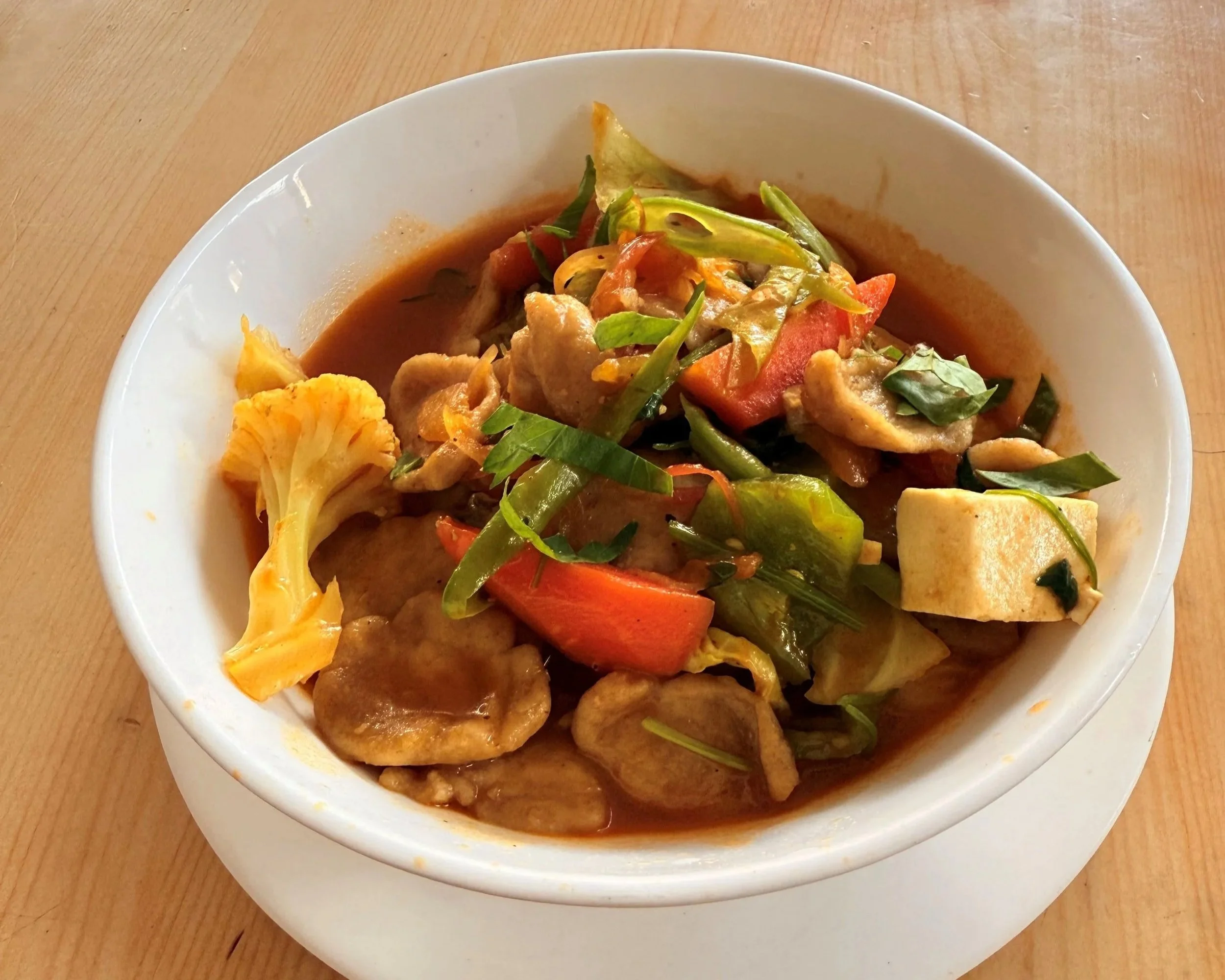
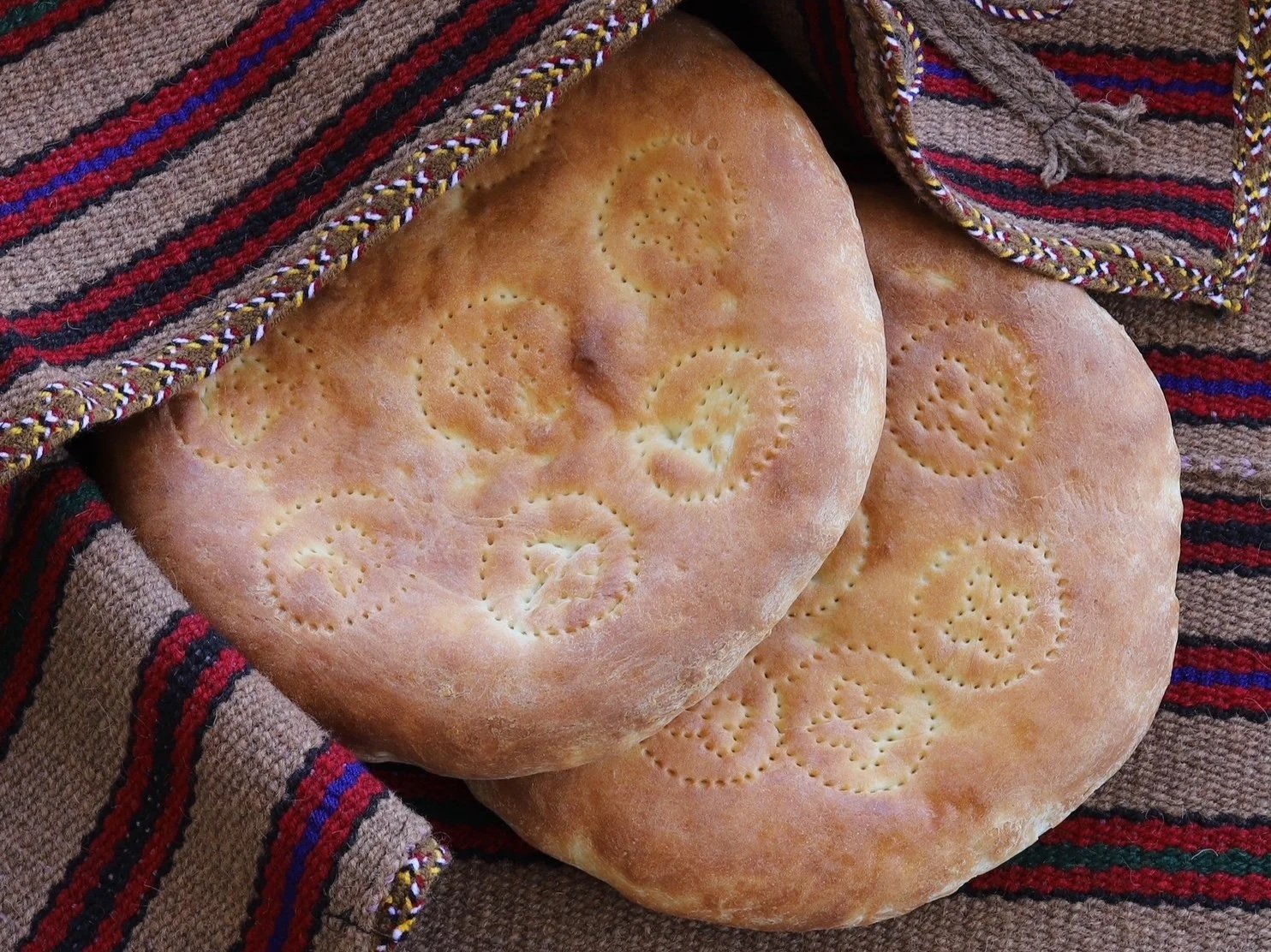
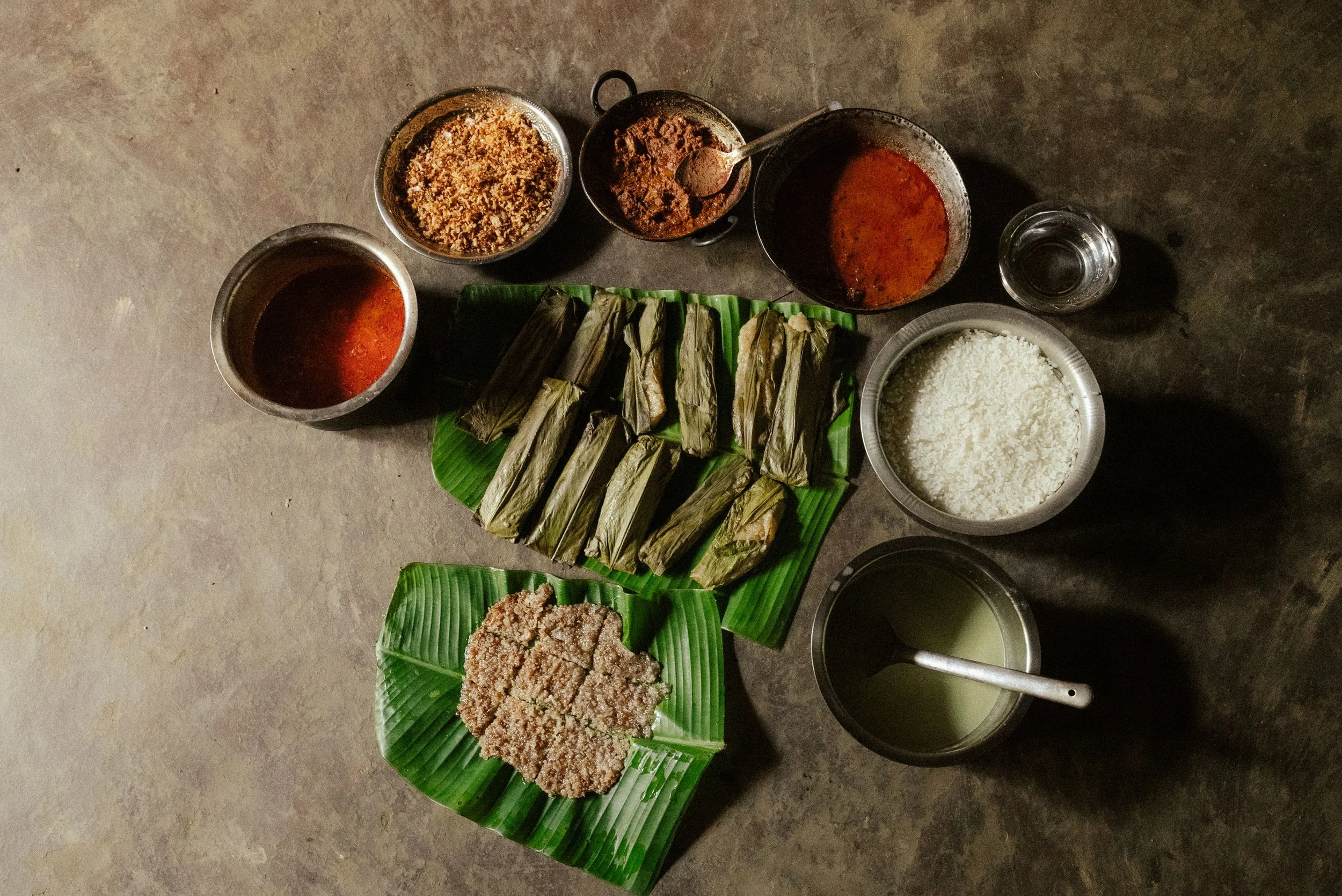
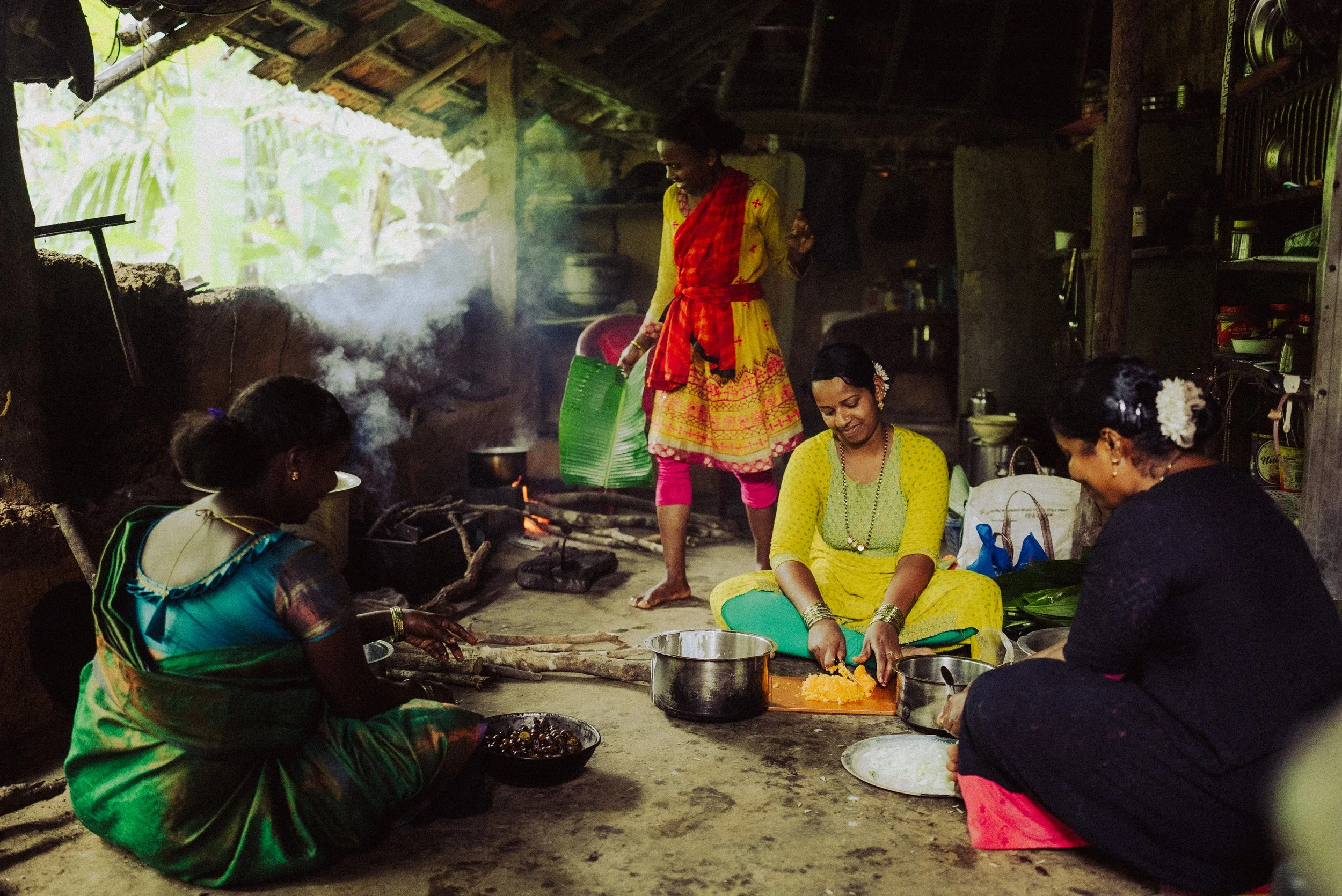
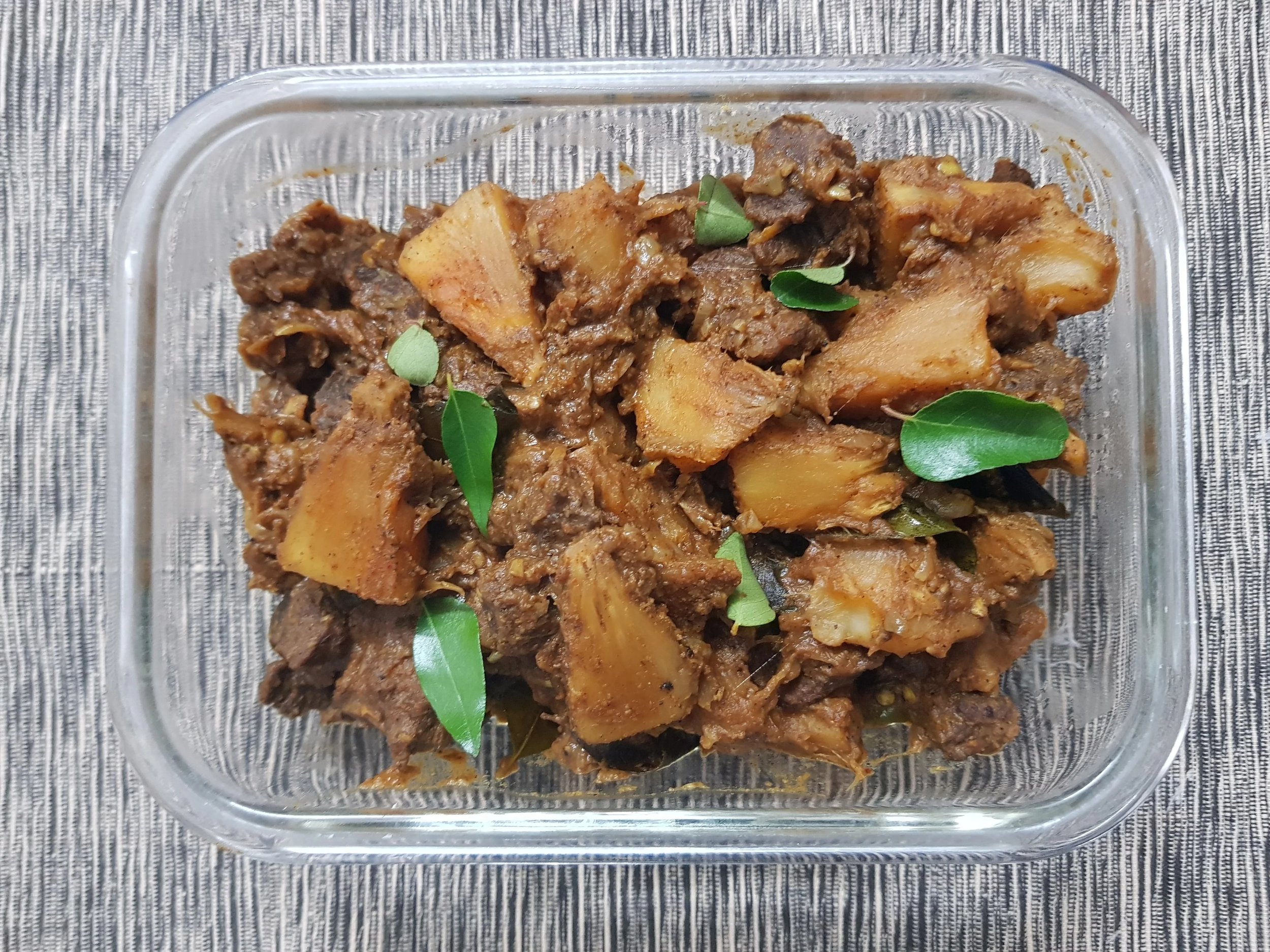
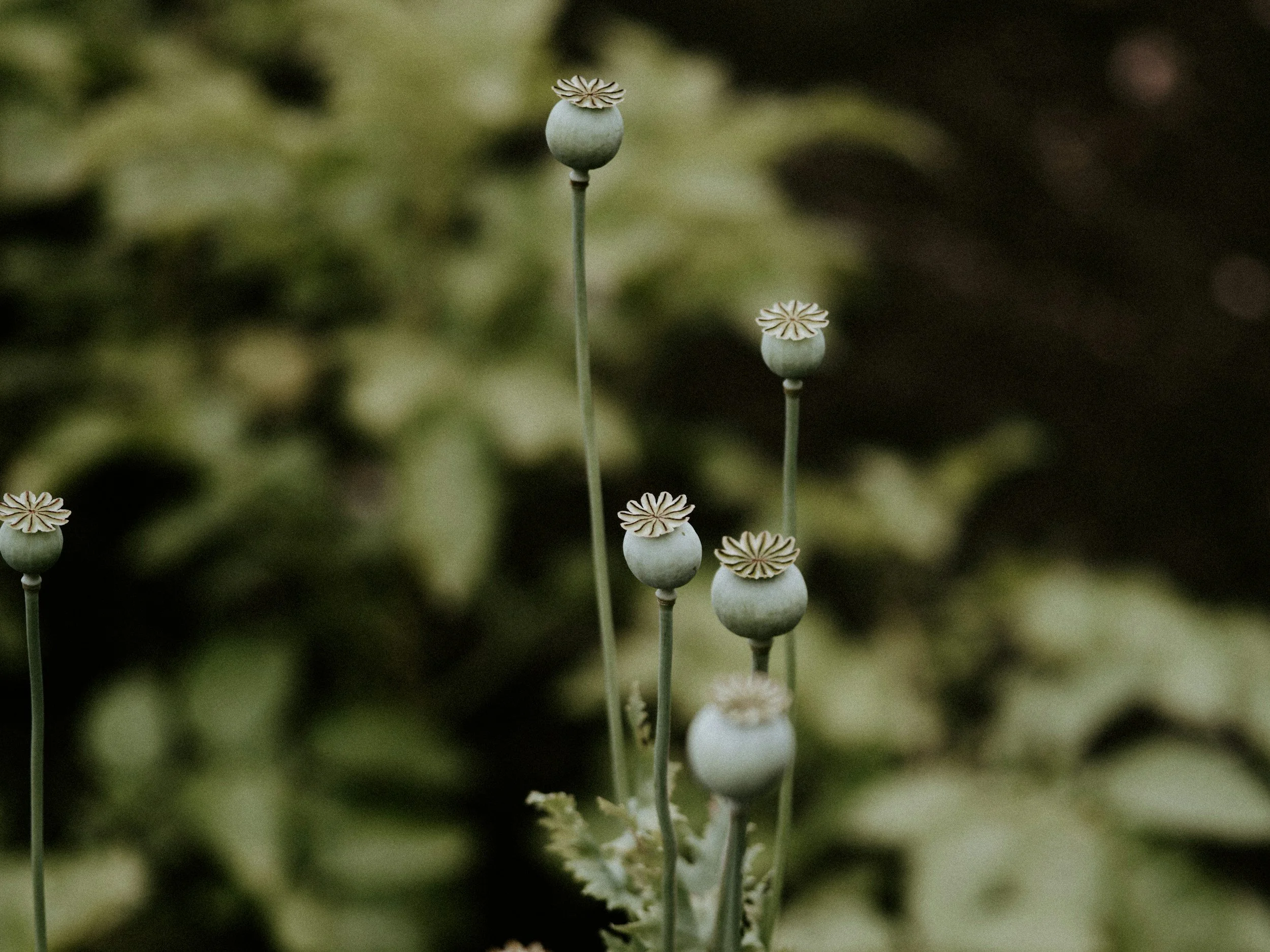
Neo-nomad cuisine of Central Asia | Terrence Manne